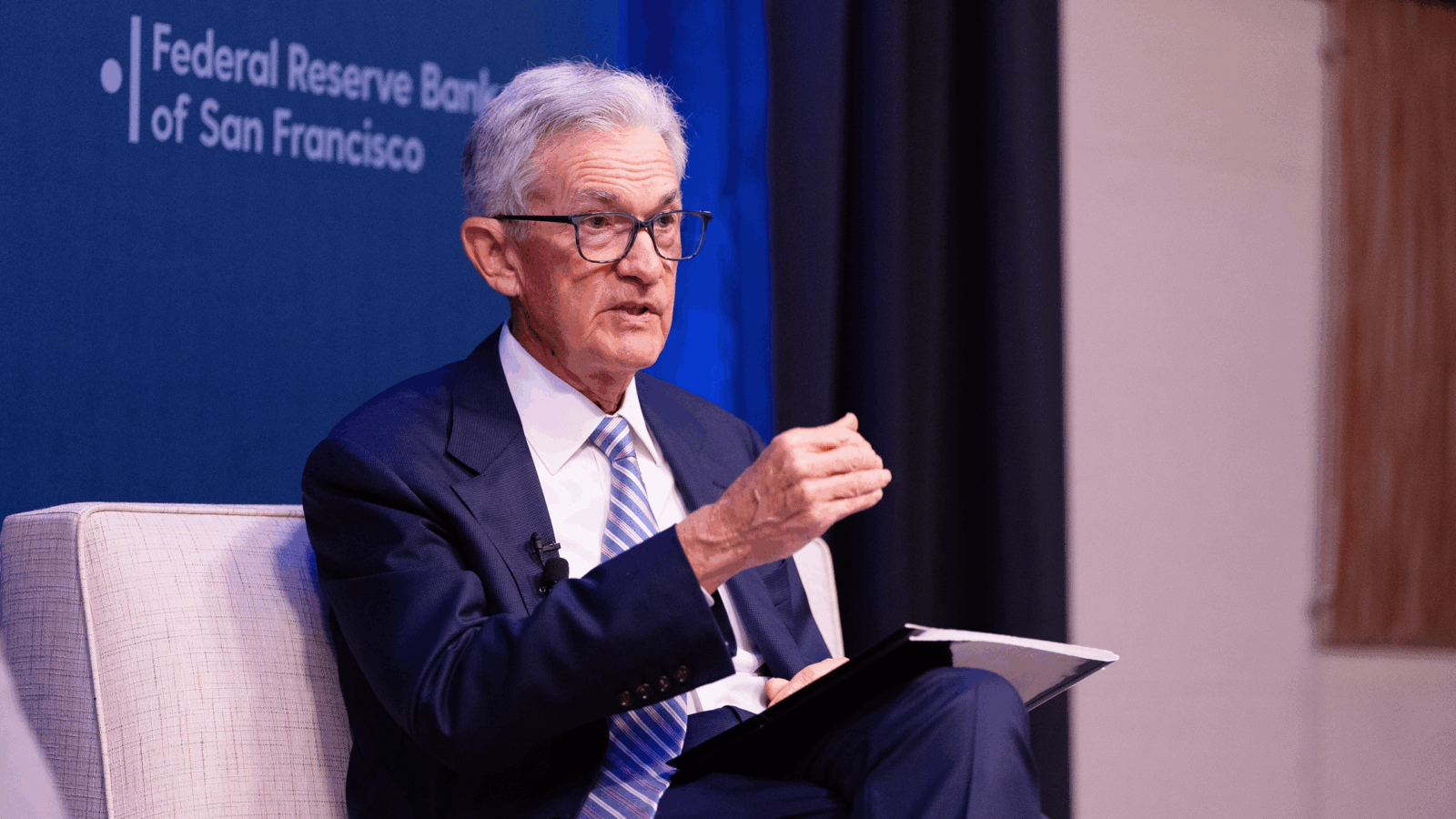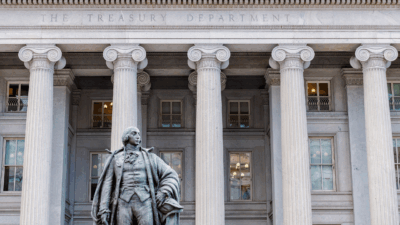The UK’s Higher-Education Sector is Trying to Dodge a Finance Crisis
The UK’s top-notch schools are a premier destination for international students, and education is a big part of the economy.
Sign up for smart news, insights, and analysis on the biggest financial stories of the day.
Believe it or not, the UK has an even bigger export than television shows like “Downton Abbey,” “Black Mirror,” and “Peaky Blinders.” The UK’s top-notch schools are a premier destination for international students, and education is a big part of the economy.
It was just exam results day for British high school students, and 9% more students got into top-level universities this year than last. That’s great news for Britain’s hardworking high schoolers, but underneath the statistics lies a big problem for UK universities’ bottom lines: a drop in international students.
Migrant Cum Laude
Universities in the UK only started charging tuition fees in 1998, and back then they were capped at £1,000 per year. Since then, tuition fees have risen to £9,250 ($11,860); universities actually run at a loss taking on British students. But there is no cap on international students’ fees, so British universities have pursued them to make up ground. Oxford University, for example, charges overseas students between £33,050 and £48,620.
As travel restrictions eased post-2020, the UK saw a particularly sharp influx, so much so that in the 2021-2022 academic year overseas students made up 24% of the nation’s total student population, according to government figures. Now, though, the UK’s higher-education institutions are coming down off that high, and it could spell a major funding crisis:
- According to the Financial Times, UK universities saw a nearly 50% fall in the number of overseas student applications last year. Dr. Ben Brindle, a researcher at the Oxford Migration Observatory, told The Daily Upside that the sudden drop in numbers may be partly due to a change in visa laws: International students can no longer bring their partners with them to the UK.
- Brindle added that the Nigerian currency crisis may also have played a role, as Nigerian postgraduate students made up a significant part of the post-2020 uptick, but said the jury’s still out on exact causes.
Economics Exam Jitters: In a recent interview, Peter Slee, vice chancellor of Leeds Beckett University, told Britain’s Channel 4 News that the international student economy in the UK is worth £42 billion. The fear is that if that market contracts then universities will go bust, casting a pall over the new Labour government’s economic outlook, which is otherwise cautiously optimistic.












